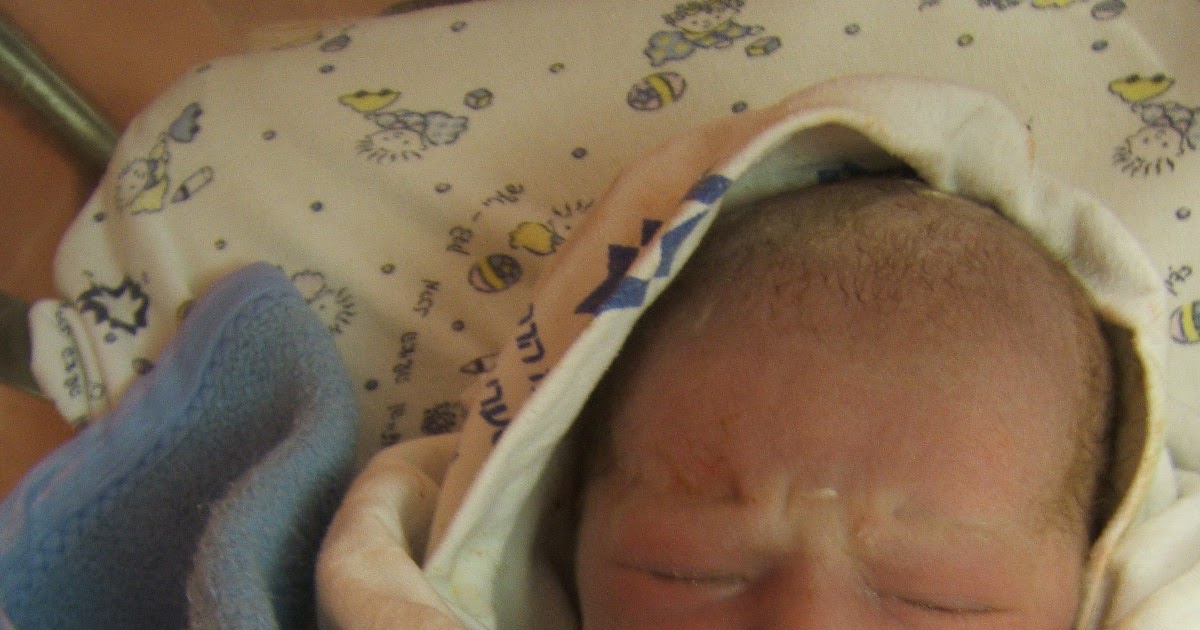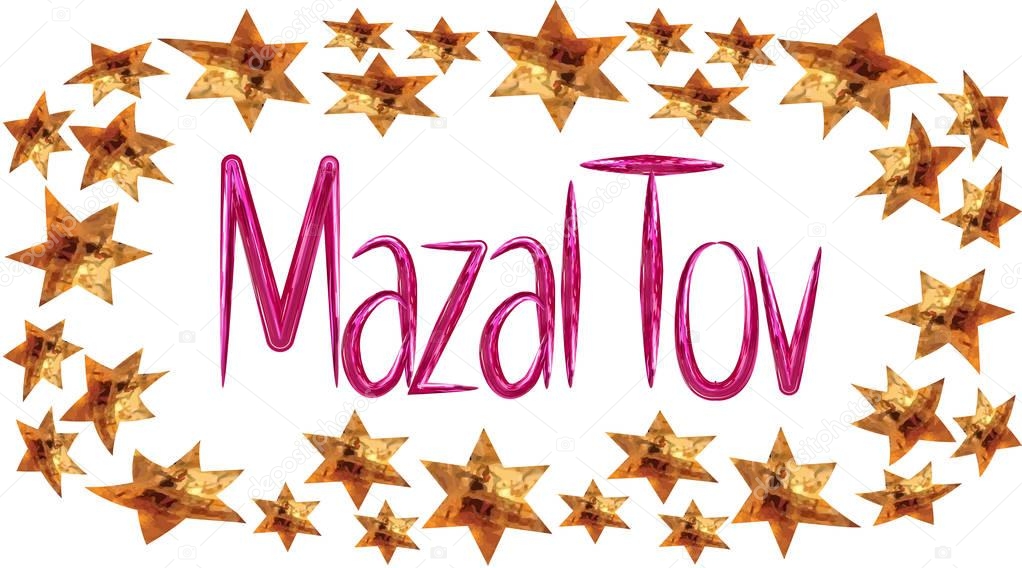



Mazel Tov offers both shared and private charters. When you add tov it becomes a wish for Good Luck: Mazal Tov. Equipment used are Penn and Shimano big game reels, everything you need is supplied along with the charter except food and drink that you can bring with you and coolers are provided to keep your drinks cool.įish caught on the charters weighing less than 50 pounds will be shared and cut for you. Located only minutes away from Waikiki, at Kewalo Basin, Honolulu, "Mazel Tov" boasts a large bridge, that alone can accommodate comfortably the entire charter. Share Mazel Tov's passion of big game sport fishing in Honolulu and with outstanding customer service and and knowledge of the Oahu waters will make every charter an enjoyable and memorable experience for both experienced and beginner alike. Comfortable and spacious this vessel is a two stateroom two bath air-conditioned boat including a 46 inch flat screen television with a high definition digital antenna that can catch the largest big game fish up to 65 miles off shore.

Another common use is to acknowledge a bad event or experience being over-for example, after a very hard test.The boat “Mazel Tov” is a 46′ Hatteras Sportfisher. In Israel, "mazal tov" is used for all sorts of happy occasions, whether they be a new driver's license, a birthday, or the end of military service. In the diaspora, "mazel tov!" is a common Jewish phrase, such as after a bar or bat mitzvah or a wedding, the congregation may be inclined to shout "Mazel Tov!" For instance, at a Jewish wedding, after the groom breaks the glass everyone yells "Mazel Tov!" In addition it is one of the most well known cultural references that non-Jews know regarding Jews. Though she'd been told otherwise, right to the last that woman thought a. The shabbos after I was declared to be in complete remission, the men of the shul danced and sang mazel tov while the women cried and hugged me. getting one-upped by someone Me: Hey guess what I got a new LG env touch phone One-upper guy: yeah well I just bought the new Google phone and it's better than the iPhone Me: mazel tov, bitch. The couple is then pronounced man and wife, and the groom steps on a glass as everyone shouts mazel tov. The phrase for wishing good luck to occur in Hebrew, in the way "good luck" does in English, is b'hatzlacha (בהצלחה), literally meaning "with success." Usage a sarcastic way of saying congratulations. The phrase "mazel tov!" parallels the use of the phrase "congratulations!" and conveys roughly that "I am pleased this good thing has happened to you!" Hebrew songs transliterated and translated into English as well as Spanish, Italian, Portuguese and other languages, by volunteers worldwide. It rather means "good luck has occurred" or "your fortune has been good" and is an acknowledgement of this fact (i.e. Search Hebrew Songs for all your favourite songs. TranslationĪlthough mazel tov literally translates to "good luck", the phrase is not used in the way that the expression "good luck" is typically used in English (i.e. In Polish, the word ślamazara, also derived from Yiddish shlimazl, denotes a person who is slow, sluggish, or lifeless. The same words were also loaned into German, as Massel ("luck"), and also as the verb vermasseln ("to ruin, screw up") and "Schlamassel" ("misfortune, disaster"). Similarly the Yiddish שלימזל, transliterated as shlimazl ("misfortune"), also made its way into US English (as shlemozzle, schlimazel) in the 20th century. The phrase "mazel tov" is recorded as entering into English from Yiddish in 1862. While the Yiddish pronunciation of mazel has the stress on the first syllable, the modern Hebrew word has the stress on the second syllable, as is standard in modern Hebrew. Though shed been told otherwise, right to the last that. While the words mazal (or mazel in Yiddish "luck" or "fortune") and tov ("good") are Hebrew in origin, the phrase is of Yiddish origin, and was later incorporated into Modern Hebrew. a Jewish phrase expressing congratulations or wishing someone good luck. The Mishnaic word derives from Biblical Hebrew mazalot ( 2 Kings 23:5). The expression comes from the Mishnaic Hebrew mazzāl, meaning " constellation" or " destiny".


 0 kommentar(er)
0 kommentar(er)
